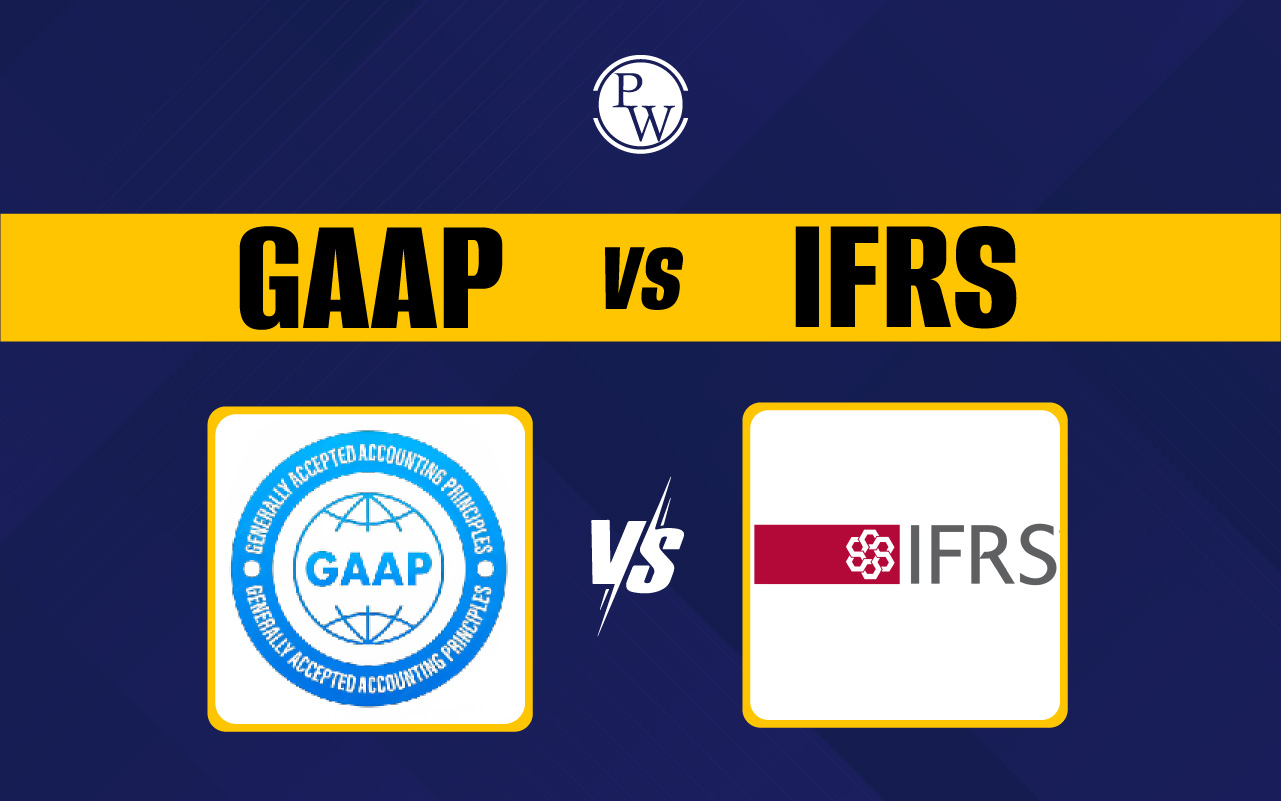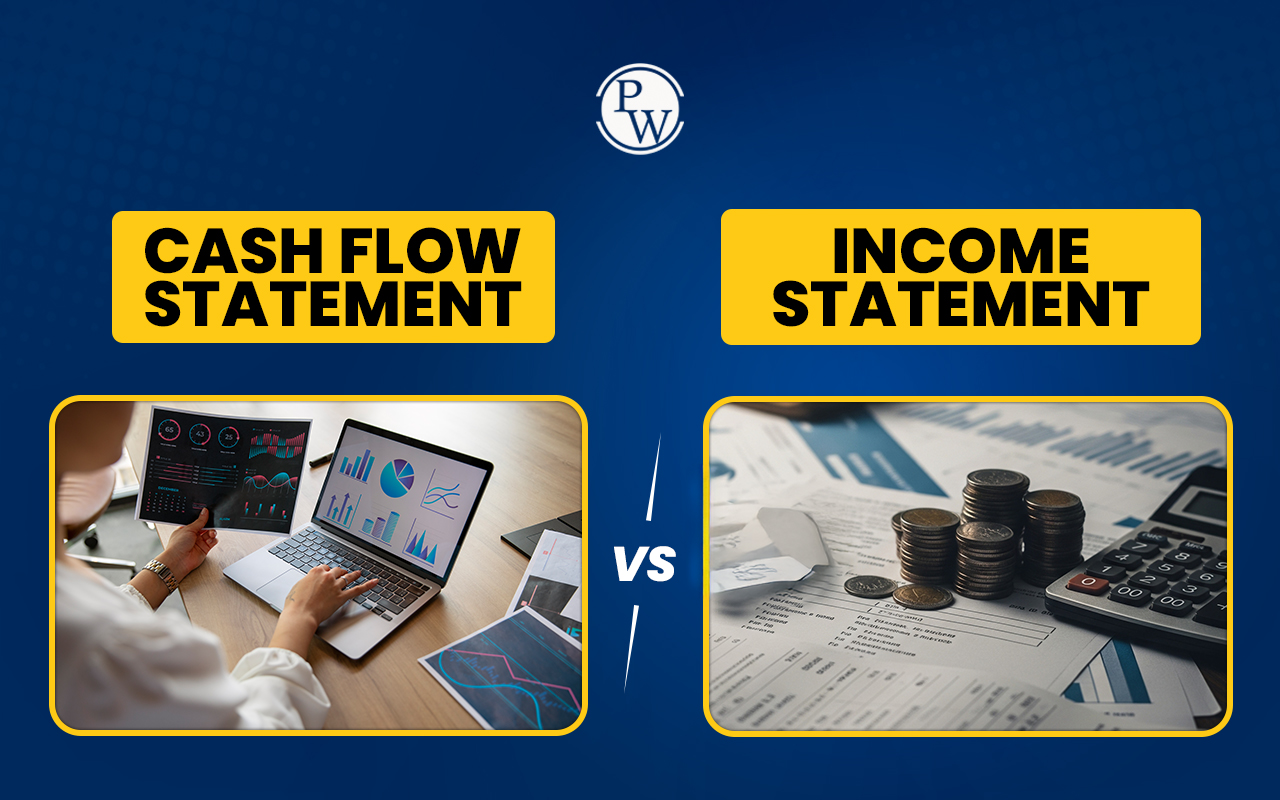

The finance sector is evolving rapidly due to economic shifts, technological advancements, and changing global dynamics. This transformation is creating new avenues for professionals who are inclined towards analytical thinking, number crunching, and strategic decision-making. As the field becomes more dynamic, numerous career options are emerging that offer strong professional development and financial benefits. This guide highlights some of the notable and high paying finance roles gaining recognition in 2025.
Why Choose Finance as a Career Path?
Finance Jobs are known for offering stable career progression, strong compensation packages, and diverse opportunities across sectors like banking, investments, fintech, corporate finance, and insurance. Professionals with a bachelor's degree in finance or a related field can explore multiple domains from advising clients to managing corporate budgets. These roles not only offer monetary benefits but also a chance to influence business decisions at a strategic level.
Key Trends Influencing Finance Jobs in 2025
The rise of artificial intelligence, machine learning, and big data analytics is transforming how finance professionals operate. Automation is eliminating repetitive tasks, allowing finance experts to focus on analysis, decision-making, and risk mitigation. Companies are prioritizing professionals who can adapt to new technologies while maintaining strong foundational knowledge in finance.
Other significant trends include:
- Growing emphasis on ESG (Environmental, Social, and Governance) reporting.
- The need for cyber-finance professionals to safeguard financial data.
- Integration of blockchain in auditing and transactions.
Also Check: How to Become Financial Specialist?
Top High Paying Finance Roles in 2025
Let’s see the most rewarding and high paying finance roles, covering job responsibilities, skills needed, and how to enter each profession.
1. Investment Banker
Investment bankers are at the forefront of major financial transactions. Their job involves helping companies raise capital, handling mergers and acquisitions, and managing large-scale financial restructurings. While this role demands long hours and intense competition, it remains one of the most financially rewarding among all Finance Jobs.
Entry Path: A bachelor's degree in finance is essential. Many professionals also pursue an MBA to advance in this field.
Skills Required: Financial modeling, negotiation, analytical thinking, and understanding of regulatory frameworks.
2. Chief Financial Officer (CFO)
A CFO oversees an organization’s financial operations, guiding strategic investments, managing risks, and driving long-term fiscal growth. Among the Highest Paying Finance Jobs, this role requires extensive experience and leadership capabilities.
Entry Path: Begin with entry-level roles after earning a bachelor's degree in finance or accounting. Climbing the ladder involves years of experience, often supported by a master’s degree.
Skills Required: Leadership, forecasting, risk management, and decision-making.
3. Financial Manager
Financial managers are responsible for maintaining the financial health of an organization. Their tasks include creating financial reports, analyzing market trends, and developing strategies for long-term success. It’s one of the increasingly high paying finance roles due to the rising need for strategic planning.
Entry Path: Requires a bachelor's degree in finance or a similar field, with several years of experience.
Skills Required: Budgeting, planning, analytical skills, and proficiency in financial software.
4. Personal Financial Advisor
These professionals assist individuals in managing their money, planning for retirement, and building investment portfolios. Personal financial advisors enjoy both high earning potential and personal job satisfaction, as they often build long-term client relationships.
Entry Path: While not mandatory, a bachelor's degree in finance or economics helps. Certifications like CFP (Certified Financial Planner) can add credibility.
Skills Required: Interpersonal skills, financial planning, understanding of tax laws, and investment knowledge.
5. Financial Analyst
A foundational role in many finance organizations, financial analysts evaluate data, assess performance trends, and make recommendations for investment decisions. It serves as a stepping stone for several other specialized Finance Jobs.
Entry Path: A bachelor's degree in finance or business administration is essential. CFA (Chartered Financial Analyst) certification is often pursued for career growth.
Skills Required: Data analysis, forecasting, reporting, and market trend analysis.
Read More - Top Financial Analyst Interview Questions 2025
How to Prepare for High Paying Finance Roles?
Success in Finance Jobs requires a mix of academic credentials, practical skills, and industry certifications. Here's how you can prepare:
Earn a Bachelor’s Degree in Finance: This foundational qualification opens doors to most entry-level roles.
Pursue Certifications: Depending on your area of interest, credentials like CFA, CPA, or CFP can significantly enhance your profile.
Stay Updated with Industry Trends: Subscribe to finance journals, attend webinars, and take part in online communities.
Internships and Entry-Level Experience: Real-world exposure adds immense value and helps you understand the practical aspects of the job.
Future Scope of Finance Jobs in India and Globally
The demand for finance professionals is projected to remain strong due to globalization, financial technology advancements, and the need for strategic financial planning. Many companies are expanding their finance departments to manage risks and growth simultaneously.
From start-ups to multinational corporations, opportunities in Finance Jobs are abundant. Employers are seeking candidates who not only understand numbers but can also provide insights that align with business objectives.
In 2025, the finance sector continues to offer some of the most lucrative career options available. Whether you’re just starting with a bachelor’s degree in finance or looking to transition into more senior roles, the journey promises growth, challenges, and rewards. The key is to stay adaptable, build strong networks, and constantly upgrade your knowledge.
If you're aiming for the Highest Paying Finance Jobs, begin by understanding your strengths, pursuing relevant qualifications, and gaining real-world experience. With dedication and the right approach, high paying finance roles are well within reach.
Advance Your Career with the Financial Modeling Course
If you’re serious about building a career in finance and wish to understand and predict financial downturns with precision, we strongly recommend enrolling in the Financial Modeling Course with Deloitte Learning Academy. Whether you're a student or a working professional, the Financial Modeling Course with Deloitte Learning Academy is an invaluable resource to strengthen your knowledge and confidence in volatile financial environments.
Finance Jobs FAQs
What qualifications are needed to enter high paying finance jobs?
Which finance jobs offer leadership opportunities in the long term?
Are finance careers suitable for individuals without a technical background?
How important are certifications in advancing a finance career?













